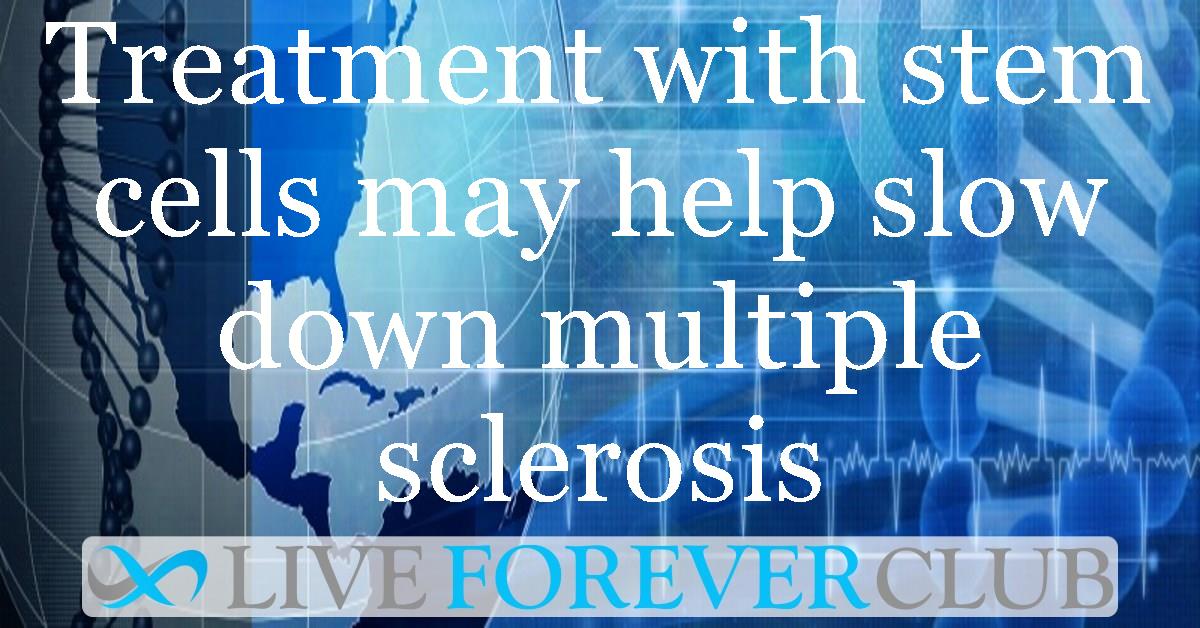Key points from article :
Dr. Alena Pance, a leading researcher at the University of Hertfordshire, spearheads a pioneering study.
The research explores the potential of autologous haematopoietic stem cell transplantation (aHSCT) in mitigating the progression of multiple sclerosis (MS).
aHSCT proves its mettle by effectively resetting the immune system, resulting in a marked reduction in relapse rates among MS patients.
Furthermore, the research reveals striking improvements in the disability levels of MS sufferers who underwent aHSCT treatment.
This groundbreaking work opens up a promising avenue for aHSCT to become the future standard of care for the 130,000 individuals grappling with MS in the UK.
The study's findings have been published in the esteemed Journal of Neurology Neurosurgery and Psychiatry.






